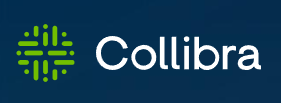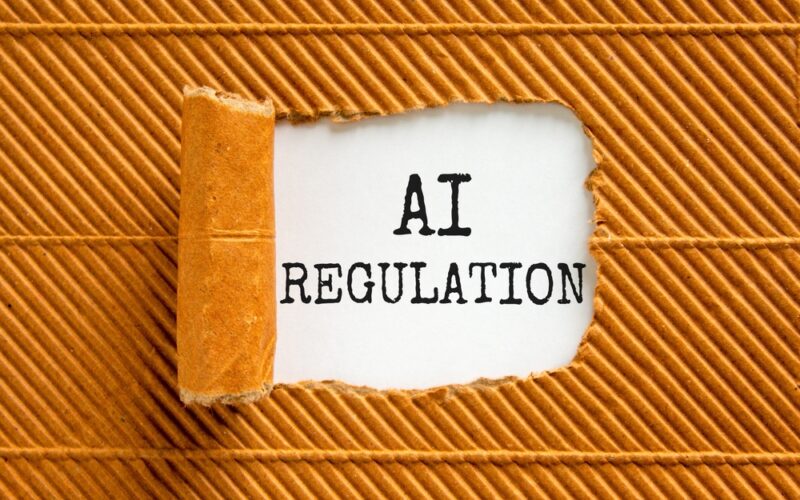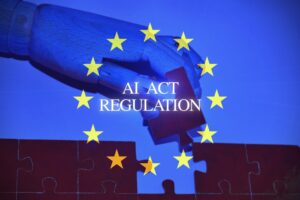A survey by Collibra, a data intelligence company, has revealed that an overwhelming majority (84%) of tech executives support an overhaul of US copyright laws to protect against AI.
The survey, conducted online by The Harris Poll on behalf of Collibra, offers insights into how businesses are managing the complexities of AI adoption and regulation. Over 300 full-time decision-makers in data management or AI roles at their companies participated in the survey. All the respondents were director-level or higher.
Rising concerns about AI ethics, security risks, and data privacy have driven U.S. business leaders to call for robust AI regulations and governance. According to Collibra, the respondents are in support of both, federal (76%) and state (75%), regulations to oversee the technology’s development.
The respondents prefer federal and state regulations over international oversight. In the absence of federal guidelines, several states in the US have already begun implementing their own AI regulations.
 Most recently, Colorado became the first state to enact comprehensive AI legislation that introduces specific requirements for developers and deployers of high-risk AI systems. Utah and Tennessee have also enacted laws that provide guidelines for AI transparency and accountability.
Most recently, Colorado became the first state to enact comprehensive AI legislation that introduces specific requirements for developers and deployers of high-risk AI systems. Utah and Tennessee have also enacted laws that provide guidelines for AI transparency and accountability.
“Without regulations, the U.S. will lose the AI race long term,” said Collibra co-founder and CEO Felix Van de Maele. “While AI innovation continues to advance rapidly, the lack of a regulatory framework puts content owners at risk, and ultimately will hinder the adoption of AI.”
The European Union’s Artificial Intelligence Act went into effect on August 1 with the aim to unify existing regulations across EU member states while also establishing new legal frameworks for the use of AI.
The impact of the EU AI Act extends far beyond the borders of Europe. The global AI industry is led by American companies and they will have to be cautious in how they collect data to avoid unintentionally gathering European citizens’ data for training purposes. Meta has also cited Europe’s regulatory environment as too “unpredictable”, and decided it will not release its multimodal Llama AI model in the EU.
The Collibra report highlights that larger firms, with 1000+ employees, are more likely to back federal and state AI regulations compared to smaller companies with less than 100 employees.
Smaller companies are often more skeptical and cautious in how they approach new technologies. With their relatively limited resources and experience in AI, they tend to view the new technology as costly and disruptive. In addition, they may view AI regulations as being tailored for big tech players in the industry, making them less supportive of such regulations.
The report shows that security risks and privacy concerns topped the list of perceived threats to AI regulations in the U.S. Companies like Collibra can play a key role in addressing these issues by providing robust AI governance solutions that can mitigate these challenges effectively.
The call for updated copyright laws comes at a time when several high-profile lawsuits have been filed against AI companies for alleged copyright infringement. The Collibra survey revealed that 81% of respondents believe that Big Tech companies should compensate people whose data is used to train AI models.
As AI technologies advance at a rapid pace, 75% of respondents say their organizations are privatizing AI training and upskilling. Nearly 9 in 10 decision makers are more confident about their company’s AI direction but have significantly lower trust in the government.
According to Van de Maele, AI is moving so fast that companies need to look three to five years ahead in the future. He recommends that companies focus on turning data into their biggest currency and not view data as a constraint. Van De Maele also recommends creating a trusted and tested AI framework and prioritizing responsible access before responsible AI.
Related Items
AI Regs a Moving Target in the US, But Keep an Eye on Europe
EU Votes AI Act Into Law, with Enforcement Starting By End of 2024
Self-Regulation Is the Standard in AI, for Now
Source link
lol


